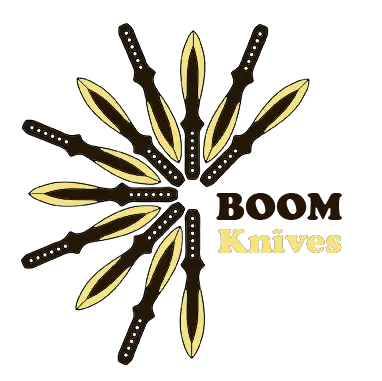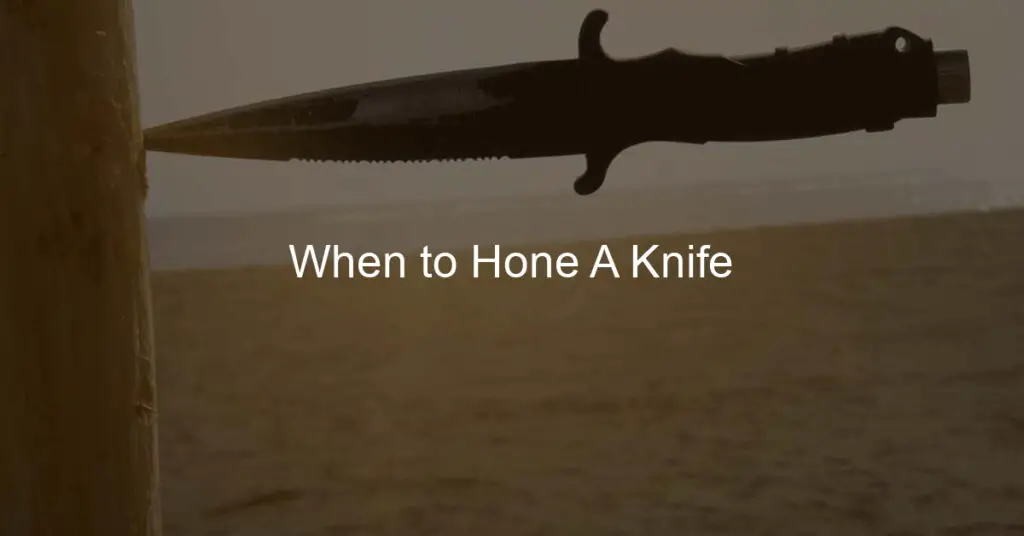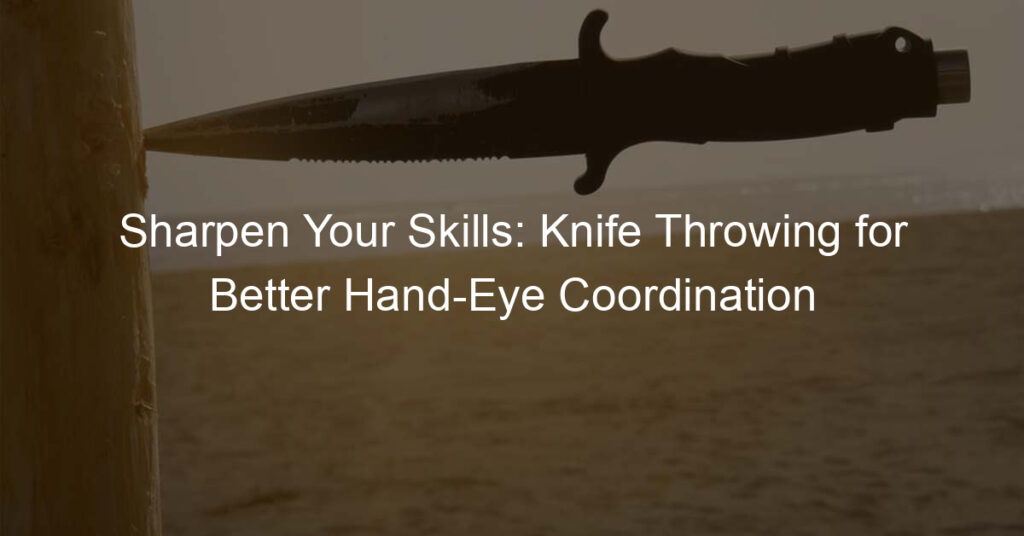You’ve just bought yourself a great new knife, and it looks like new. But, how do you keep it looking good, so it doesn’t start to look dull? When should you hone your knife? Keep reading to find out.
Knives are one of the most important tools in your home. They can be used for everything from preparing food to cutting twine. If you don’t have a knife, then you don’t have much. Knives come in different shapes and sizes and can be used for just about any job around the home or yard.
Keeping your knives sharp is one of the best ways to prevent them from becoming dull. A dull knife is more likely to slip while cutting or slip when using it for other purposes such as digging or prying things open. Keeping a knife sharpened on a regular basis will extend its life by keeping it sharper longer than if it had become dull from not being used as often; this extends the useful life of your kitchen knives as well as any other knives that you own (if you even need more than three knives in your kitchen). The following article will discuss when you should hone your knives and how often.
How often should you hone a knife?
The more often you hone your knife, the more likely it is that it will remain sharp. In order to get a good, smooth honing on your knives, use a whetstone for about 15-20 minutes every day (or every other day).
If you’re using different types of knives for different purposes, then hone each one separately.
For example, if you have kitchen knives and outdoor knives, hone the kitchen knives at least once a week and the outdoor ones at least once a month. Also remember to clean and oil your blades after use so they don’t become dull from regular use or moisture.
Should I hone my knife every time I use it?
No. It is not necessary to hone your knife before every time you use it. Knives need honing only if they become dull, and you’ll know when that happens. If you are using a serrated knife, it may require a little more attention as the serrations can get caught on whatever you are cutting and cause the blade to become dull more quickly.
Other times, knives can also become dull from repeated use of a single edge over its entire length; in this case, you should consider using sharpening steel for normal maintenance. However, once or twice a year should be plenty of time to keep your knives sharp without the need to hone them every time you use them.
The following article discusses how often to hone your knife and what methods to use so they don’t have to be honed too often.
Should I hone the knife before sharpening it?
It is always best to hone a knife before you start sharpening it. This helps to avoid any unintended damage to the blade or handle and any imperfections in the edge. You should also hone your knives again after sharpening them or when you believe that they have become dull.
How often should I hone my knives?
The answer to this question is dependent on how often you use your knives. If you use your knives daily, it is recommended that you sharpen them every month.
If you use your knives less frequently, then it is recommended that you sharpen them 1-2 times per year; sharpen them more often if used more frequently. The frequency of use and length of time between sharpenings will help determine how often and when it is best for you to hone your knives.
how to hone a knife with a stone
When should you hone your knife? The best time to sharpen a knife is when it’s still new. This allows the blade to keep its edge for a long time.
You should hone your knives once every two or three weeks on average, depending on how much use it gets. Remember that stones are meant for sharpening your knives and not other things in the kitchen; only use them as instructed by their manufacturers.
how to hone a knife with leather
There are a few different ways to hone your knives, but the best way is with an old leather belt.
Find an old leather belt and start carving away at it as you would when sharpening a knife with stone. The great thing about using a leather belt to hone your knife is that you can stop as soon as you feel your blade getting sharper.







